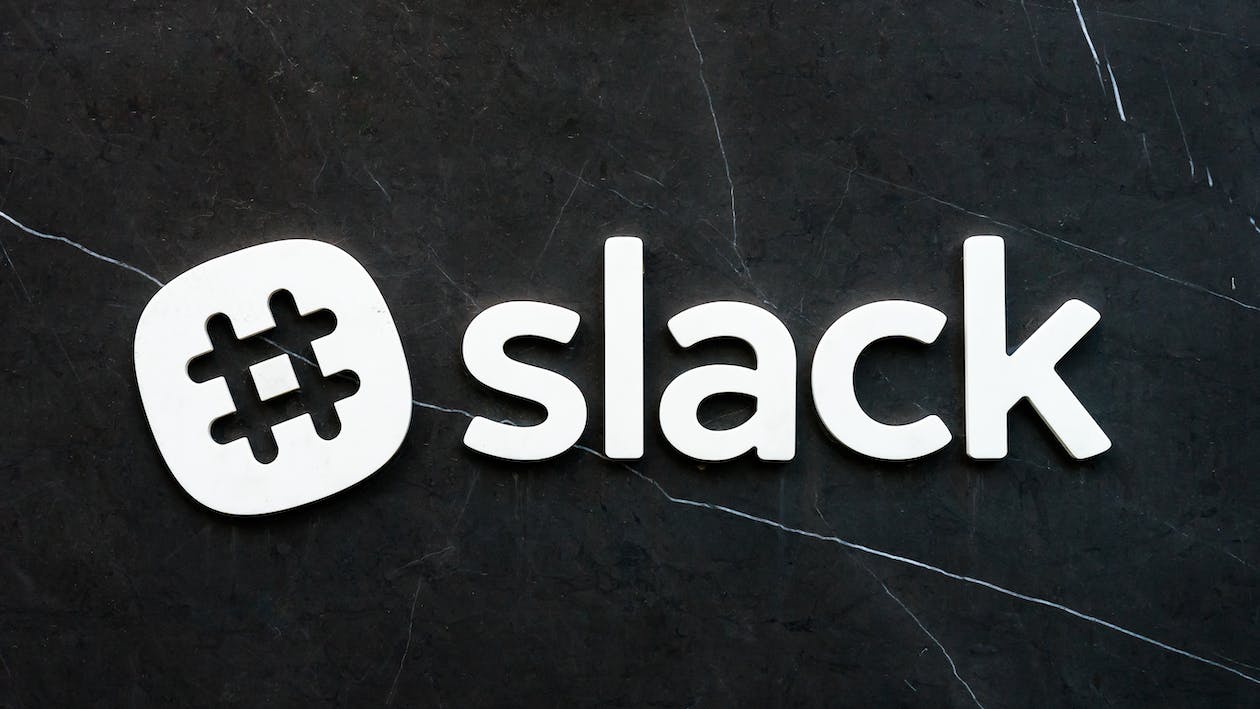In today’s fast-paced business world, the role of Human Resources (HR) has evolved significantly. HR teams are not just responsible for hiring and firing but are instrumental in shaping company culture,improving employee engagement, and ensuring compliance with labor laws. To manage these diverse responsibilities efficiently, HR teams require a robust set of tools , including specialized software. Theright software can automate mundane tasks, streamline processes, and provide insightful analytics,allowing HR professionals to focus on more strategic aspects of their job.
From applicant tracking systems to employee engagement tools, the variety of software available can be overwhelming. This list aims to break down the types of software that are essential for every HR team, helping them to optimize their workflows and contribute more effectively to their organization’s success.
Applicant Tracking System (ATS)
An Applicant Tracking System (ATS) is indispensable for streamlining the recruitment process. It automates the task of sorting through applications, identifying suitable candidates, and managing various stages of the recruitment process. An ATS can also integrate with job boards and social media
platforms to widen the search for potential candidates, making it an invaluable tool for modern
recruiters looking to attract top talent efficiently.
Contract Management Software
You might be wondering: what is contract management exactly? Well, for HR teams handling a mix of
full-time employees, freelancers, and contractors, it’s a crucial part of the job. Contract management
software streamlines the process of creating, negotiating, and storing contracts.
It ensures that agreements are compliant, deadlines are met, and contractual obligations are fulfilled. This type of
software is especially useful for managing freelance or gig workers, ensuring that all parties understand
their rights and responsibilities.
Payroll Management Software
Payroll management software is a critical tool for ensuring accurate and timely salary processing. It
handles complex calculations involving taxes, benefits, and other deductions, reducing the likelihood of
errors. Additionally, many payroll systems offer self-service portals where employees can access pay
stubs and tax forms and manage their withholdings, enhancing transparency and employee satisfaction.
Employee Onboarding Software
Employee onboarding software facilitates a seamless integration of new hires into the organization. It
streamlines the induction process, from document management to introducing company policies and
setting up training modules. Effective onboarding software can significantly improve a new employee’s
experience, aiding in quicker adaptation and higher early-stage productivity.
Time and Attendance System
A time and attendance system is essential for tracking employee hours and managing leave policies. It
ensures fair and accurate pay for work done, especially for hourly workers, and provides data that can
be crucial for performance reviews and workforce planning. Modern systems also offer features like
mobile clock-in and geo-tracking, adding flexibility and efficiency to the process.
Performance Management System
Performance management systems are vital for evaluating and enhancing employee performance.
These platforms facilitate goal setting, continuous feedback, and regular performance reviews, fostering
a culture of transparency and accountability. They help identify skill gaps, reward high performers, and
guide underperformers, which is crucial for maintaining a motivated and skilled workforce.
Learning Management System (LMS)
In today’s rapidly changing business environment, continuous learning and development are key to
maintaining a competitive workforce. A Learning Management System (LMS) is a versatile tool that
facilitates this by providing a platform for online learning and training. An LMS allows HR teams to
create, deliver, and track educational courses and training programs.
It can cater to diverse learning needs and styles, offering a range of materials like videos, quizzes, and interactive content.Furthermore, an LMS can be used to onboard new employees, provide ongoing training for skill
development, and ensure compliance training is completed.
HR Analytics Software
Data-driven decision-making is crucial in modern HR management. HR analytics software provides
insights into various aspects of human resources, from hiring and turnover rates to employee
performance and engagement levels.
This software helps HR professionals identify trends, predict outcomes, and make informed decisions. With powerful analytics tools, HR teams can optimize recruitment strategies, improve employee retention, and enhance overall workforce productivity.
Employee Engagement Tools
Employee engagement directly impacts productivity, retention, and overall company culture. Tools
designed to boost employee engagement can range from survey platforms to peer recognition systems.
These tools help HR teams gauge employee sentiment, gather feedback, and implement strategies to
improve engagement. By regularly measuring and acting on employee feedback, companies can create a
positive work environment and increase employee satisfaction and loyalty.
Benefits Administration Software
Administering employee benefits can be a complex and time-consuming task. Benefits administration
software simplifies this process by automating the enrollment, management, and tracking of employee
benefits packages.
This type of software can handle a range of benefits, from health insurance and retirement plans to wellness programs. It often includes features for employees to manage their benefits, leading to greater transparency and satisfaction.
Compliance Management Tools
Navigating the complex landscape of employment laws and regulations is a significant aspect of HR.
Compliance management tools assist in maintaining adherence to these legal standards.
They help manage necessary documentation, track changes in labor laws, and ensure that the company’s policies
and practices are up-to-date. This is critical for mitigating risks and avoiding potential legal issues.
Conclusion
The role of HR in modern businesses is multifaceted and dynamic, and having the right set of tools is
indispensable for efficiency and effectiveness. By leveraging these types of software, HR teams can
automate routine tasks, gain valuable insights, and focus on strategic initiatives that drive business
growth and employee satisfaction. Investing in these tools not only streamlines HR processes but also
contributes significantly to the overall health and success of the organization.











